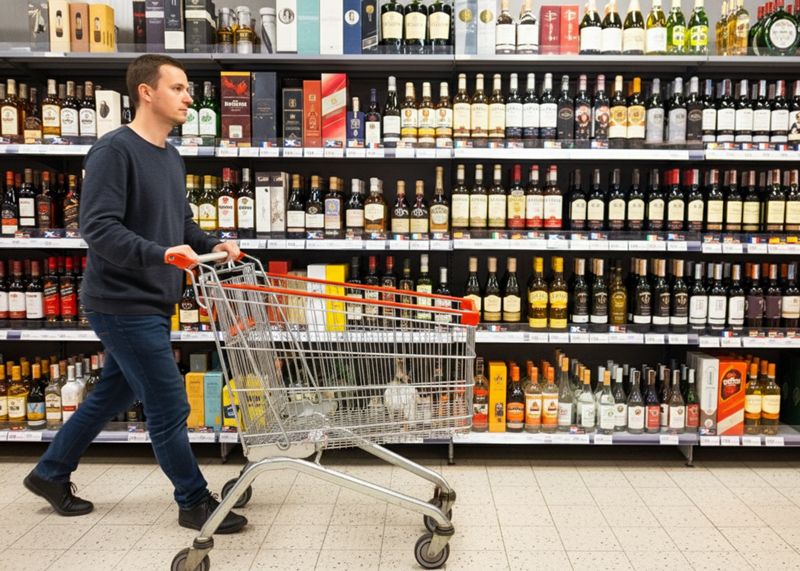French Wine Consumption Plummets 70% Since 1960 Amid Industry Crisis
Senators warn of trade tensions, climate threats and shifting tastes as French wine faces historic challenges and falling exports.
2025-10-31

French wine producers are facing a deep crisis, according to a recent report presented by three senators from the Economic Affairs Committee. The senators, Daniel Laurent, Henri Cabanel, and Sébastien Pla, all with backgrounds in winemaking, spent several months visiting vineyards across France and holding virtual meetings with industry representatives in China, the United States, and Italy. Their findings highlight a sector struggling to adapt to international trade conflicts, changing consumer habits, and climate disruptions.
The senators addressed the press on October 29 in Paris, expressing concern for the future of French viticulture. They noted that the price of many bottles of wine with protected designation of origin is now lower than that of olive oil. This situation is seen as a symptom of deeper issues affecting the industry.
French wine exports have been hit hard by recent global events. The sudden closure of the Chinese market and ongoing trade tensions with the United States have weakened the sector. In particular, the imposition of a 15 percent tariff on French wines by former President Donald Trump earlier this year has had a significant impact. These challenges come on top of increasingly unpredictable weather patterns, which have affected harvests in regions such as Pyrénées-Orientales and Aude.
The senators also pointed to a generational shift in drinking habits. Annual wine consumption per person in France has dropped from 135 liters in 1960 to just 41 liters in 2023. Younger consumers are turning to alternatives, including beverages with little or no alcohol content. The industry has struggled to respond to these new preferences.
Henri Cabanel argued that France does not produce too much wine overall but produces too much wine that does not match current consumer demand. He noted that while France exports enough wine for twelve million people, it still imports four million bottles each year.
The senators believe that better communication and cooperation between different parts of the industry are essential. Daniel Laurent described a culture where producers and distributors often do not speak to each other. To address this, their report recommends organizing a national conference on viticulture in the first half of 2026. This event would bring together producers, merchants, banks, retailers, and restaurateurs under the leadership of the Minister of Agriculture. The goal would be to establish a "pact of trust" and ensure more stable incomes for producers.
Annie Genevard, who was approached after a government session, expressed support for this initiative. The senators suggest that future financial aid for distillation or vineyard removal should depend on the success of such talks and agreements between stakeholders.
The report also calls for collective restructuring plans at the regional level rather than individual efforts. France currently cultivates about 750,000 hectares of vineyards, down from 850,000 thirty years ago. The senators propose rationalizing the many professional organizations within the sector and uniting different wine-producing regions under a single "France" brand for export purposes.
Despite these challenges, the senators remain optimistic about the future of French viticulture if reforms are implemented quickly. They acknowledge that change will not be easy but insist that cooperation across the industry can benefit everyone involved.
Founded in 2007, Vinetur® is a registered trademark of VGSC S.L. with a long history in the wine industry.
VGSC, S.L. with VAT number B70255591 is a spanish company legally registered in the Commercial Register of the city of Santiago de Compostela, with registration number: Bulletin 181, Reference 356049 in Volume 13, Page 107, Section 6, Sheet 45028, Entry 2.
Email: [email protected]
Headquarters and offices located in Vilagarcia de Arousa, Spain.